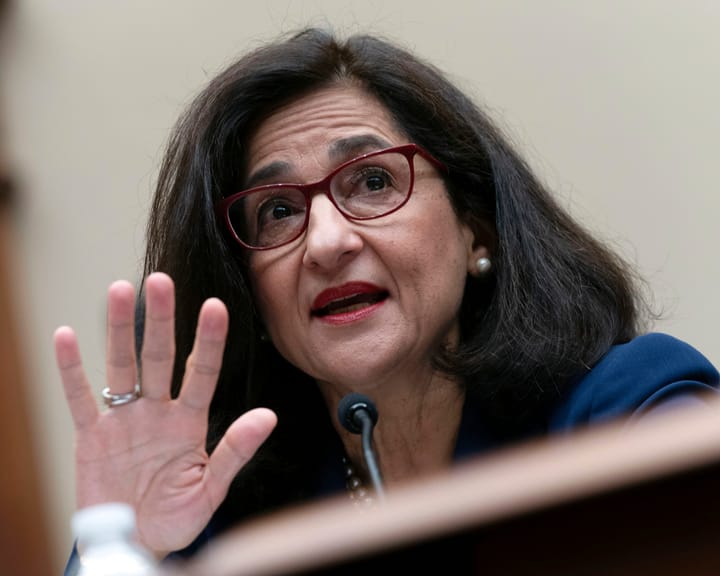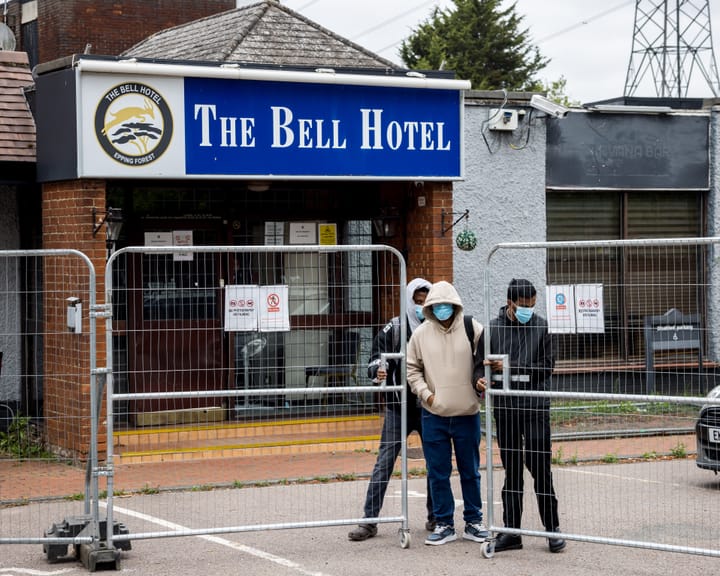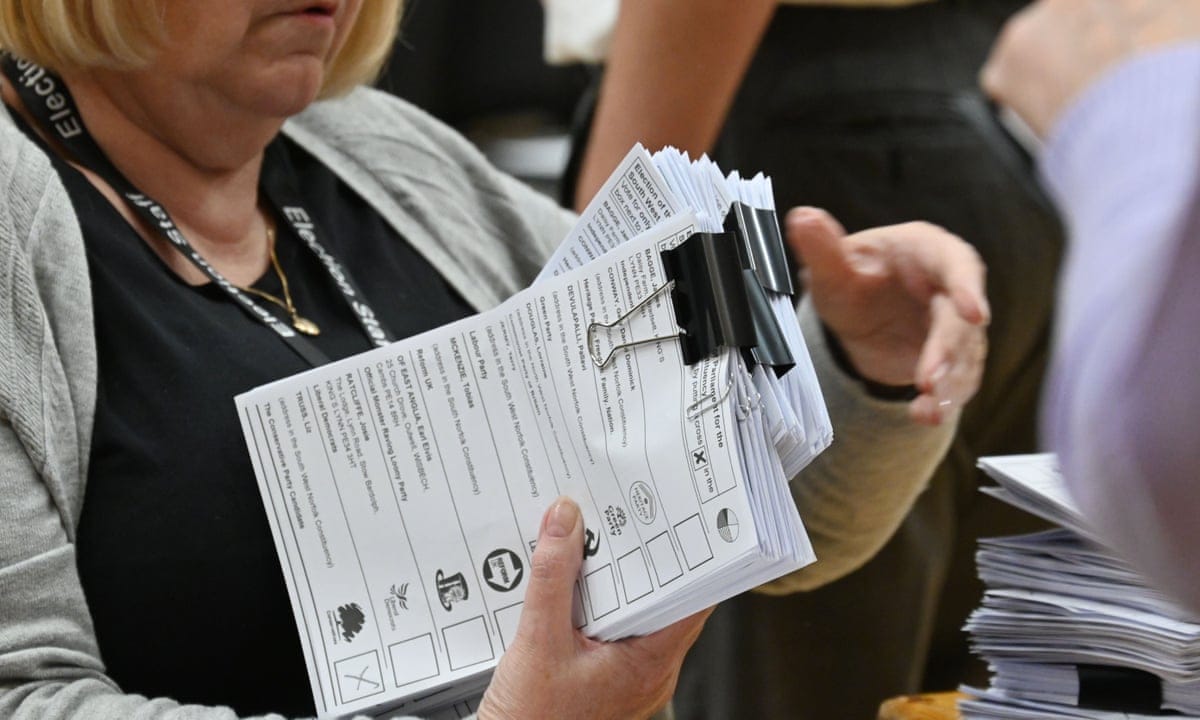In a recent report by The Institute for Public Policy Research (IPPR), it was revealed that just over half of the adults in Britain cast their votes during the 2024 general election. This figure represents the lowest turnout percentage since universal suffrage took effect in 1928, when voting rights were extended to all adults over the age of 21.
The IPPR's findings indicated that only 52% of UK citizens voted on July 4th – a significant drop from previous years and lowest turnout since it was measured by votes counted as a proportion of those registered to vote in 2001. Parth Patel, co-author of the report at IPPR, expressed shock at the fact that only half of adults participated in this year's election.
In response to concerns regarding low turnout and democratic engagement, Labour is set to introduce an elections bill next week. The party has promised reform measures such as reducing the voting age from 18 to 16 and implementing automatic voter registration. These changes are aimed at making it easier for individuals to exercise their right to vote.
The report also highlighted disparities in turnout rates based on demographics, with areas having older populations, homeowners, and predominantly white residents exhibiting higher turnout rates. Conversely, constituencies with a greater proportion of minority ethnic backgrounds and Muslim individuals experienced lower participation levels.
The IPPR concluded that these disparities demonstrate the disproportionate influence certain groups have in British democracy, potentially contributing to policy puzzles such as housing affordability and income inequality. The report suggested that addressing low voter turnout could lead to improved political outcomes and policy responsiveness.
Despite ongoing discussions about increasing voter participation, the previous Conservative government had previously introduced a requirement for photo identification at polling stations – a measure which some have criticized as potentially disenfranchising certain groups, including those from minority ethnic backgrounds.
Read next

"Starmer appoints ex-Bank deputy governor as top economic advisor"
Minouche Shafik to Become Keir Starmer’s Chief Economic Adviser
Former Bank of England deputy governor Minouche Shafik is expected to join Keir Starmer’s team as his chief economic adviser.
Her appointment comes as the prime minister’s office prepares for the autumn budget, following Shafik’s recent leadership

"Home Office wins appeal allowing asylum seekers to stay at Epping hotel"
The appeals court has determined that the injunction issued by the high court should not have been approved.
Those involved acknowledge they have become part of a broader discussion about how asylum seekers are managed and urge the public to recognize that the Bell hotel was only fulfilling a government-mandated

"Scottish Greens' new leaders push for universal income and free bus fares"
Scottish Greens' new leaders, Ross Greer and Gillian Mackay, have pledged to advocate for a universal income, free bus travel, and increased taxes on high earners following a subdued leadership race.
Greer and Mackay, previously backbench MSPs at Holyrood, were elected co-conveners of the Scottish Greens with a notably

